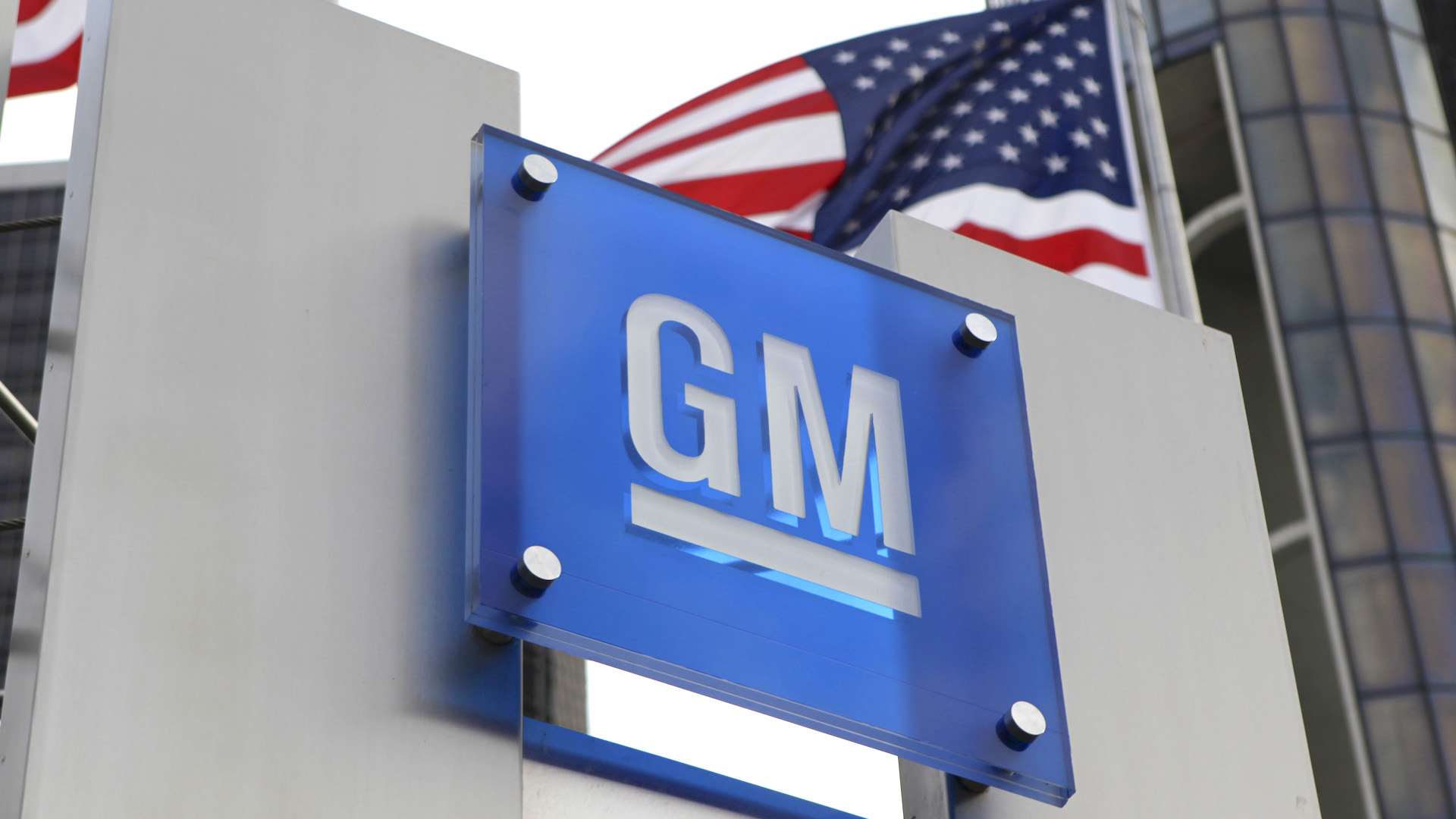

It’s official: Detroit is buying into electric. General Motors announced on Monday its intent to go all-in on electrified vehicles by releasing two new all-electric vehicles within the next 18 months, followed by an astounding 20 models by 2023.
Electrification is becoming a huge topic for automakers in 2017. In fact, each major auto show this year has had some large presentation or focus around an electrified vehicle for many of the world’s top brands. From luxury manufacturers like BMW and Mercedes-Benz, to the economy-class cars like Toyota, and even a hint of performance brands like Porsche, everyone wants a piece of the pie. Now it’s time for GM to step up to the plate as the all-American brand announces its plans.
“General Motors believes in an all-electric future,” said GM’s executive vice president of Product Development, Mark Reuss, in a press statement, “Although that future won’t happen overnight, GM is committed to driving increased usage and acceptance of electric vehicles through no-compromise solutions that meet our customers’ needs.”
The most impressive feat that GM has taken on is committing to launching a large amount of vehicles in a short amount of time. A new car takes quite some time to develop, sometimes existing as a concept for years before it becomes a marketable product. It’s unclear whether GM will begin to repurpose existing designs by stuffing batteries in them, or whether the company is working on developing completely new platforms from the ground up. For any manufacturer to squeeze in an average of more than three new models per year from concept to car is almost unheard of.
Volkswagen also plans on releasing a number of EVs in a similar time frame. Announcements from the German competitor have slated at least eight new EVs by 2025, five of which are Volkswagens, two from the Audi brand, and even one from Porsche. This is far from the 20 promised by GM, which have yet to be revealed to the public.
In addition to its electric fleet, GM also introduced a hydrogen-based fuel cell vehicle platform called the Silent Utility Rover Universal Superstructure (SURUS). The platform, which is powered by two electric motors and housed on a heavy-duty truck frame, offers a modular electrified solution to commercial vehicles like delivery trucks, ambulances, and other weight-bearing large vehicles.
Considering many countries have begun to get behind the slow, eventual demise of the fossil-fuel powered automobile, it is no surprise that GM has begun to drink from the same Kool-Aid as other manufacturers. The fact is that major influencers like China have already streamlined the process and in order to stay competitive, automakers must abide by local regulations, especially in high-volume markets. Even America’s green capital (California) is considering being the country’s front-runner towards the movement.
Though an often overlooked brand on the market with electric vehicles, GM is looking to change the public’s views on how forward its brands are. The Chevy Bolt, one of GM’s most popular-selling electrified choices, even outperforms the Tesla Model S in range for dollar. With an all-out war beginning for the rights to the electric throne, GM is ready to contest its place.